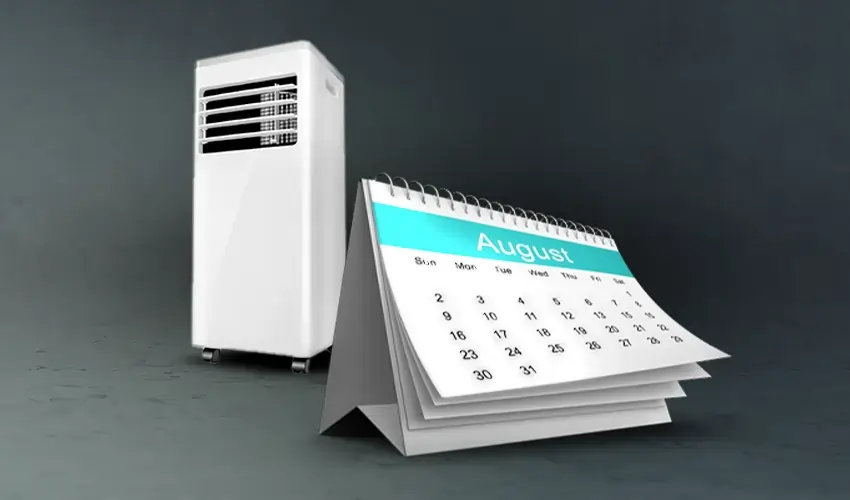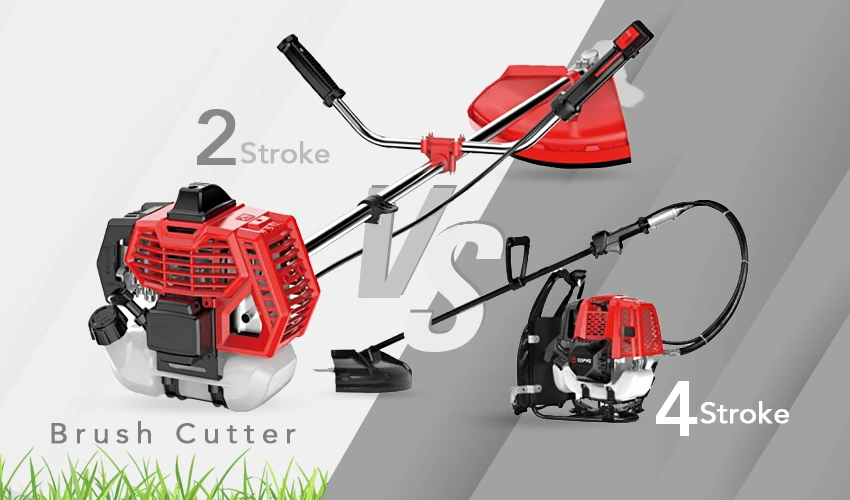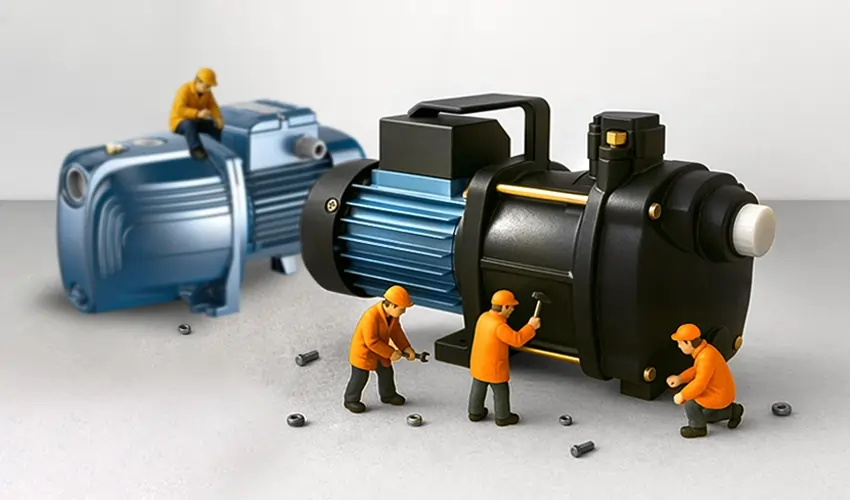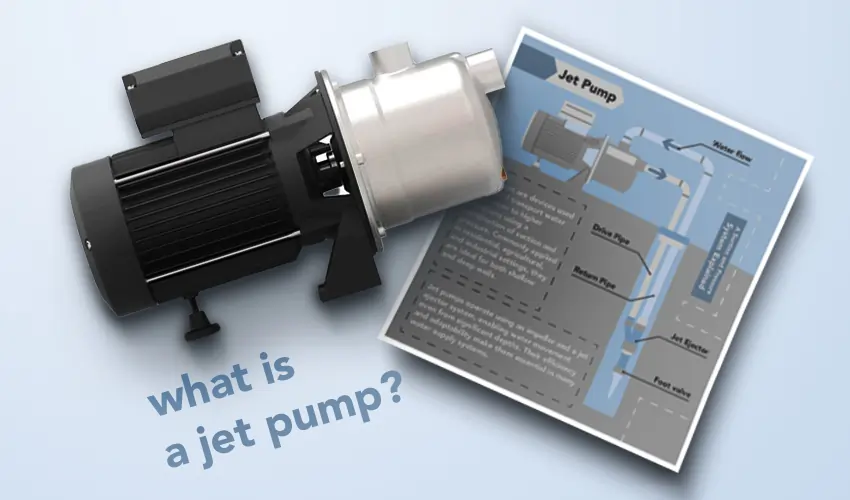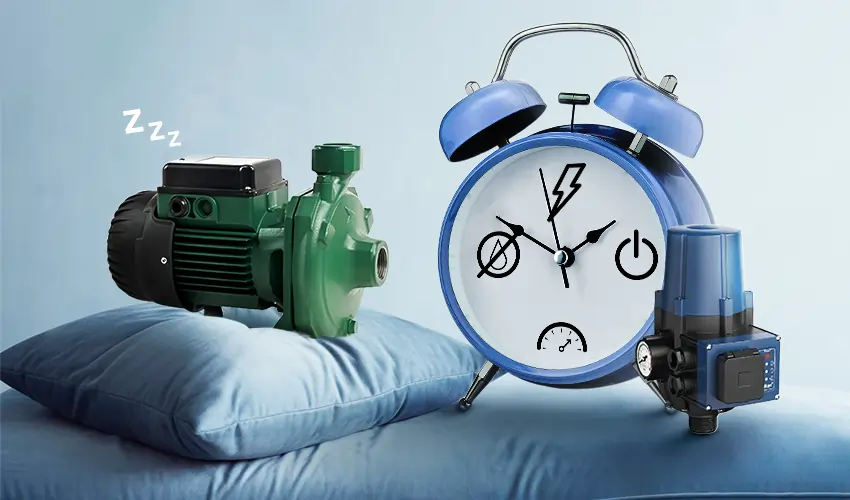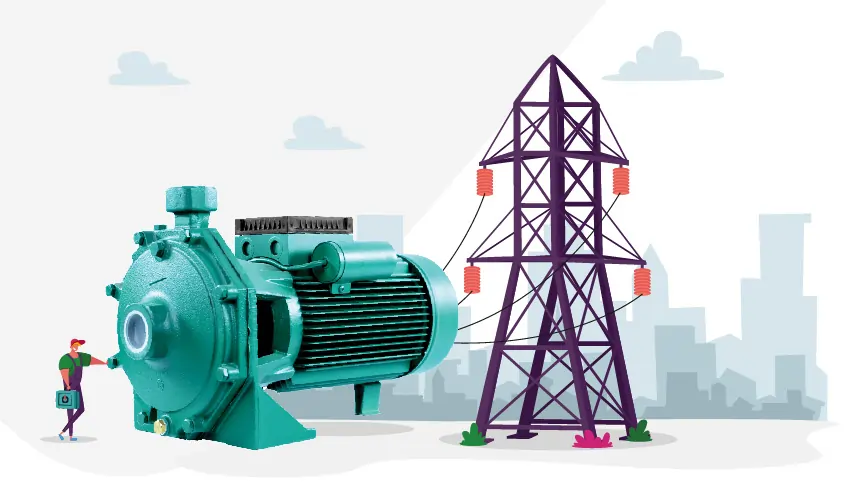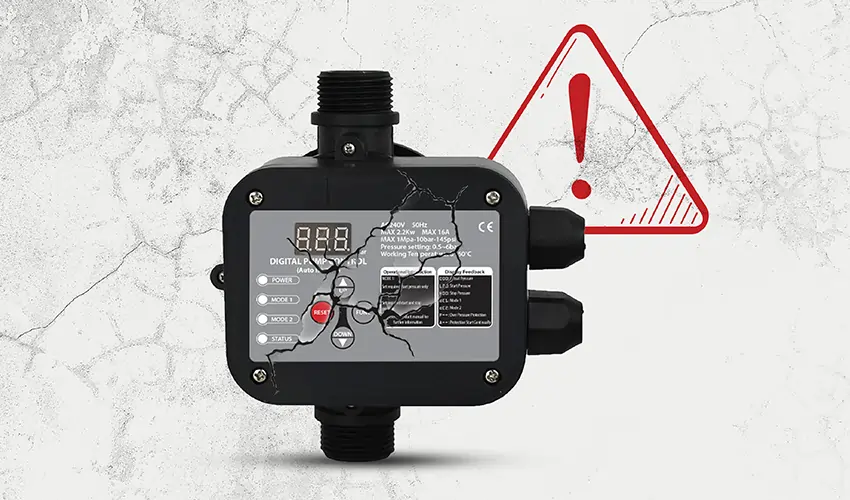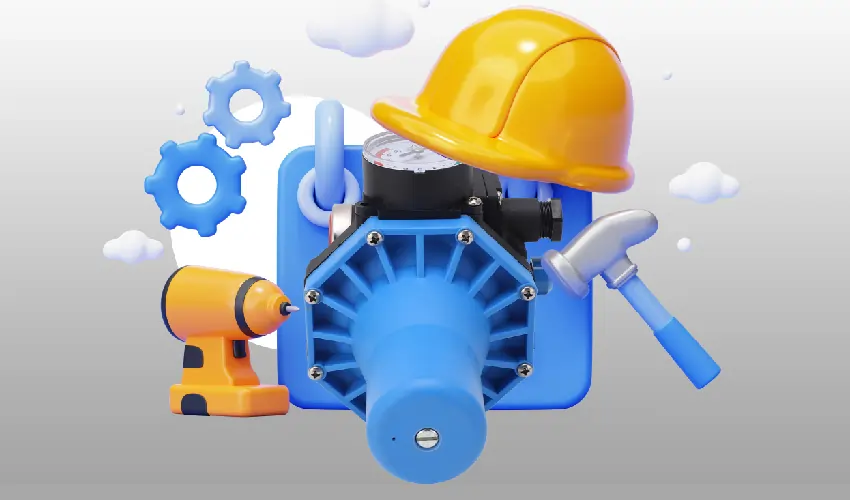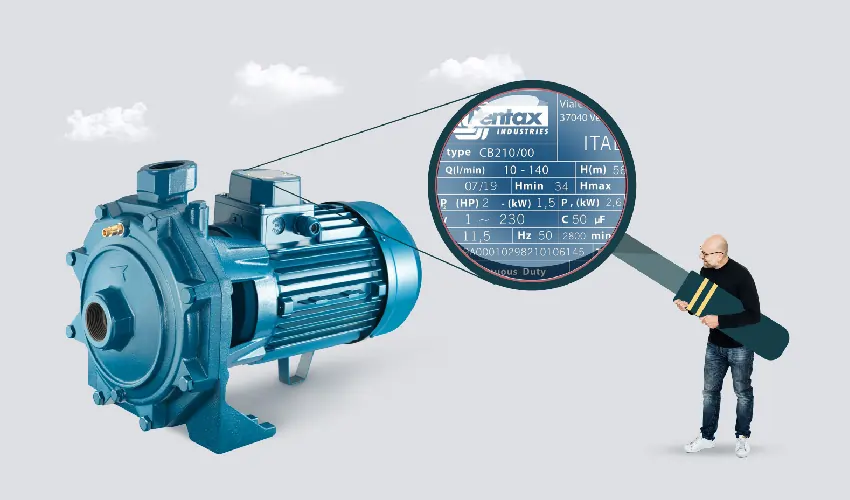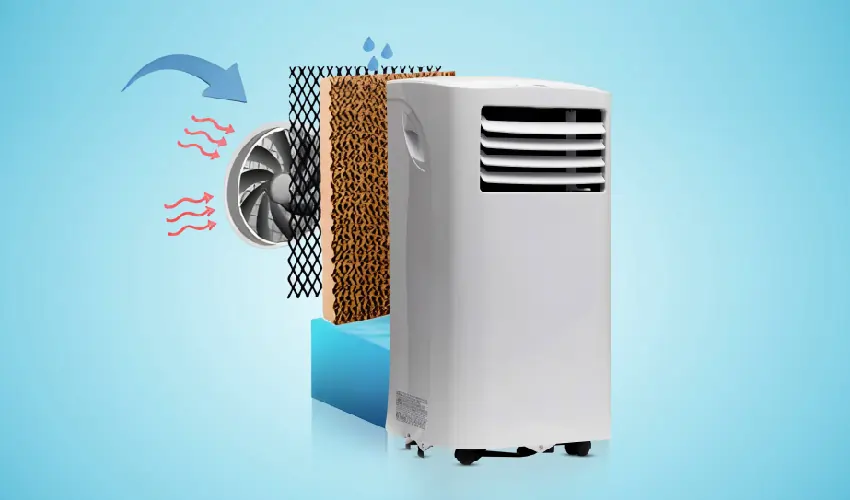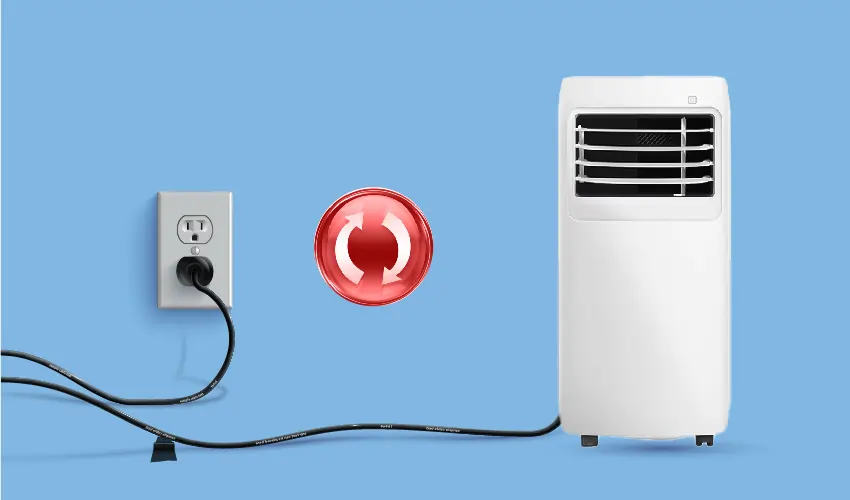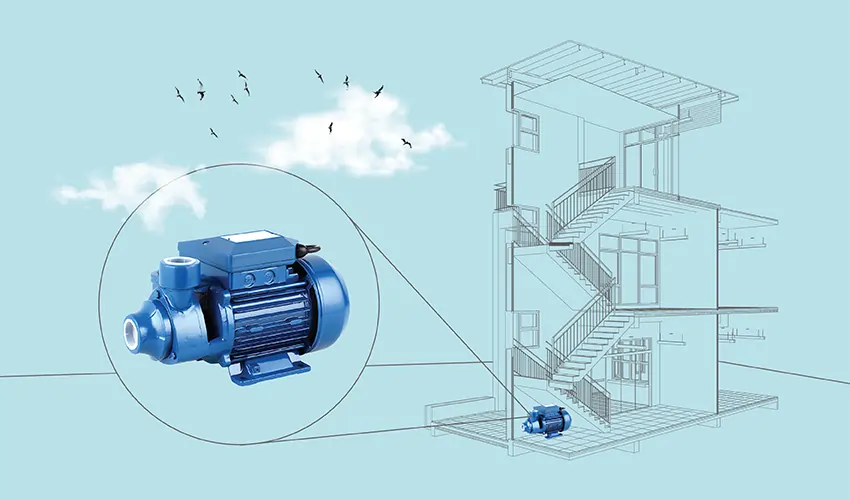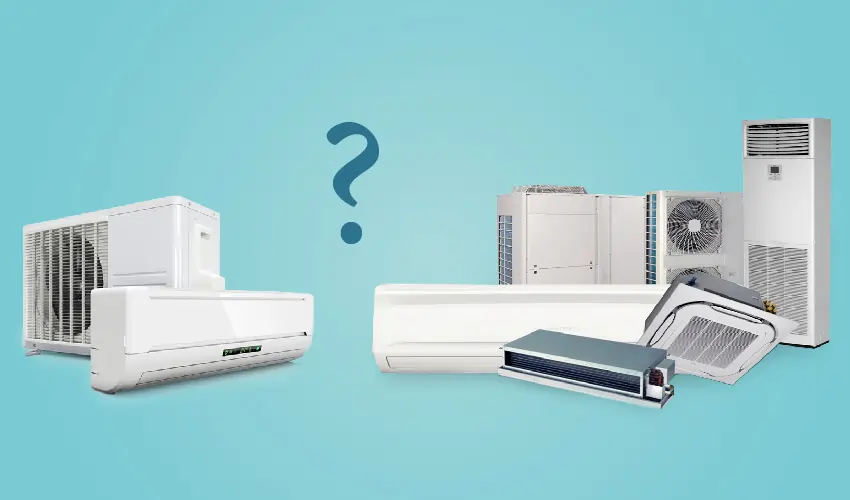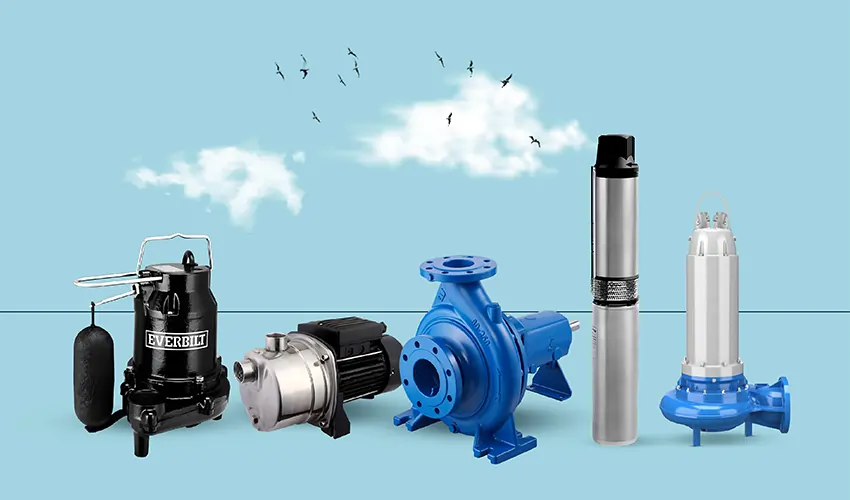How Long Do Portable Air Conditioners Last?
Whether you’re looking to purchase a new portable air conditioner or curious about extending the lifespan of your existing unit, read on to discover the key considerations for maximizing the longevity of portable air conditioners.
How Long Is the useful Life-Span of a Portable Air Conditioner?
If you want to know how long do portable air conditioners last, we can say the useful life of portable air conditioner can vary depending on several factors, including the quality of the unit, frequency of use, maintenance, and environmental conditions. On average, a well-maintained portable air conditioner can last between 5 to 10 years.
Here are some key factors that can influence the lifespan of your portable air conditioner:
- Quality of the Unit: Higher-end models from reputable brands tend to have longer lifespan due to better components and build quality.
- Frequency of Use: Units that are used more frequently, especially in harsh conditions, may wear out faster.
- Maintenance: Regular maintenance, such as cleaning filters, checking for leaks, and ensuring proper ventilation, can significantly extend the life of the unit. Environmental Conditions: Operating in areas with high humidity, dust, or other challenging conditions can impact the longevity of the air conditioner.
- Proper Usage: Using the air conditioner according to the manufacturer’s guidelines can help prevent premature wear and tear.
Useful Life of Single-Hose Portable Air Conditioner
The useful life of a single hose portable air conditioner is generally similar to that of other types of portable air conditioners. On average, you can expect a single hose portable air conditioner to last between 5 to 10 years, depending on various factors.
Useful Life of Two-Hose Portable Air Conditioner
The useful life of a two hose portable air conditioner is generally comparable to other types of portable air conditioners, typically ranging from 5 to 10 years.
How Long Should an Air Conditioner Compressor Last?
The lifespan of an air conditioner compressor can vary significantly based on several factors, including the quality of the unit, frequency of use, maintenance, and environmental conditions. On average, an air conditioner compressor should last between 10 to 15 years.
What Does the Useful Life of Portable Air Conditioner Depend on?
The useful life of a portable air conditioner depends on several key factors. Understanding these factors can help you maximize the lifespan of your unit and ensure it operates efficiently for as long as possible.
Quality of the Unit
- Brand and Model: Higher-quality units from reputable brands tend to last longer due to better components and construction.
- Initial Cost: Generally, more expensive models come with higher-quality parts and better warranties.
Frequency of Use
- Daily Usage: Units that are used more frequently or for longer periods each day may wear out faster.
- Seasonal Use: Frequent use during peak seasons can also impact the unit’s lifespan.
Maintenance
- Filter Cleaning: Regularly cleaning or replacing filters is crucial to maintaining efficiency and avoiding strain on the unit.
- Coil Cleaning: Keeping the evaporator and condenser coils clean helps maintain optimal performance. Leak Checks: Regularly inspecting for refrigerant leaks can prevent serious damage.
Environmental Conditions
- Humidity Levels: High humidity can cause the unit to work harder, potentially reducing its lifespan.
- Dust and Debris: Operating in dusty or dirty environments can clog filters and coils, leading to increased wear.
- Temperature Extremes: Extremely high or low temperatures can strain the unit.
Proper Usage
- Room Size: Using the unit in a room that matches its cooling capacity prevents overworking the air conditioner.
- Ventilation: Ensuring proper ventilation, especially for single and two-hose units, is essential for efficient operation.
- Avoiding Short Cycling: Frequent turning on and off can put additional stress on the compressor.
Storage and Handling
Off-Season Storage: Properly storing the unit during off-seasons can prevent damage and extend its life.
Handling: Careful handling during installation, use, and storage prevents physical damage.
Electrical Factors
Stable Power Supply: Fluctuations in power supply can damage the unit’s electrical components. Surge Protection: Using a surge protector can help safeguard the unit against electrical surges.
How to Increase the Useful Life of the Portable Air Conditioner?
Increasing the useful life of your portable air conditioner involves a combination of regular maintenance, proper usage, and careful storage. Here are some detailed tips to help you extend the portable ac lifespan: 1.
1. Regular Maintenance
Clean or Replace Filters
- Frequency: Clean the air filters every two weeks, or according to the manufacturer’s recommendations. Replace them if they are worn out.
- Process: Remove the filters and wash them with warm, soapy water. Allow them to dry completely before reinstalling.
2. Clean the Coils
- Frequency: Clean the evaporator and condenser coils at least once a year.
- Process: Use a soft brush or a vacuum with a brush attachment to remove dust and debris.
3. Check for Leaks
- Frequency: Inspect the unit for refrigerant leaks periodically.
- Process: Look for oil spots or listen for hissing sounds. If you suspect a leak, contact a professional technician.
4. Ensure Proper Ventilation
Install the Exhaust Hose Correctly
- Process: Ensure the exhaust hose is securely connected to the unit and the window vent kit. Make sure there are no kinks or blockages.
5. Avoid Obstructions
- Process: Keep the area around the air conditioner free of obstructions to ensure proper airflow.
6. Proper Usage
Match Room Size
- Process: Use the air conditioner in a room size that matches its cooling capacity (BTUs). Avoid using an undersized unit in a large room.
7. Set Appropriate Temperatures
Process: Avoid setting the temperature too low. A moderate setting reduces strain on the compressor.
Avoid Short Cycling
- Process: Minimize frequent turning on and off of the unit, which can stress the compressor. Use a programmable thermostat if available.
8. Storage and Handling
Off-Season Storage
- Process: Clean the unit thoroughly before storing it. Drain any water, clean the filters, and ensure the unit is completely dry.
- Storage Location: Store the unit in a dry, cool place to prevent mold and mildew growth. Handle with Care
- Process: Avoid dropping or hitting the unit, which can damage internal components.
9. Electrical Considerations
Use a Surge Protector
- Process: Plug the air conditioner into a surge protector to protect it from power surges and electrical damage.
10. Stable Power Supply
Process: Ensure the unit is plugged into a dedicated outlet that matches its electrical requirements.
11. Monitor Performance
- Pay Attention to Changes
- Process: Be alert to any changes in performance, such as reduced cooling efficiency, unusual noises, or increased energy consumption. Address issues promptly.
Effective Factors in the Useful Life of the Portable Air Conditioner
The useful life of a portable air conditioner can be influenced by several factors. Understanding these factors can help you take steps to maximize the lifespan and efficiency of your unit.
Here are the key factors:
1. Quality of the Unit
- Brand and Model: Higher-quality units from reputable brands tend to have longer lifespans due to better components and construction.
- Initial Cost: Generally, more expensive models are built with higher-quality parts and come with better warranties.
2. Frequency of Use
- Daily Usage: Units that are used more frequently or for longer periods each day may wear out faster.
- Seasonal Use: Frequent use during peak seasons can also impact the unit’s lifespan.
3. Maintenance
- Filter Cleaning: Regularly cleaning or replacing filters is crucial to maintaining efficiency and avoiding strain on the unit.
- Coil Cleaning: Keeping the evaporator and condenser coils clean helps maintain optimal performance.
- Leak Checks: Regularly inspecting for refrigerant leaks can prevent serious damage.
4. Environmental Conditions
- Humidity Levels: High humidity can cause the unit to work harder, potentially reducing its lifespan.
- Dust and Debris: Operating in dusty or dirty environments can clog filters and coils, leading to increased wear.
- Temperature Extremes: Extremely high or low temperatures can strain the unit.
5. Proper Usage
- Room Size: Using the unit in a room that matches its cooling capacity prevents overworking the air conditioner.
- Ventilation: Ensuring proper ventilation, especially for single and two-hose units, is essential for efficient operation.
- Avoiding Short Cycling: Frequent turning on and off can put additional stress on the compressor.
6. Storage and Handling
- Off-Season Storage: Properly storing the unit during off-seasons can prevent damage and extend its life.
- Handling: Careful handling during installation, use, and storage prevents physical damage.
In conclusion, the lifespan of portable air conditioners can vary depending on various factors such as usage, maintenance, and quality of the unit. On average, a well-maintained portable air conditioner can last anywhere between 5 to 10 years. Regular cleaning, proper storage during off-seasons, and following the manufacturer’s guidelines for maintenance can significantly extend the lifespan of the unit. However, it’s essential to note that individual experiences may vary, and factors such as frequency of use, environmental conditions, and overall quality of the unit can influence its longevity.

